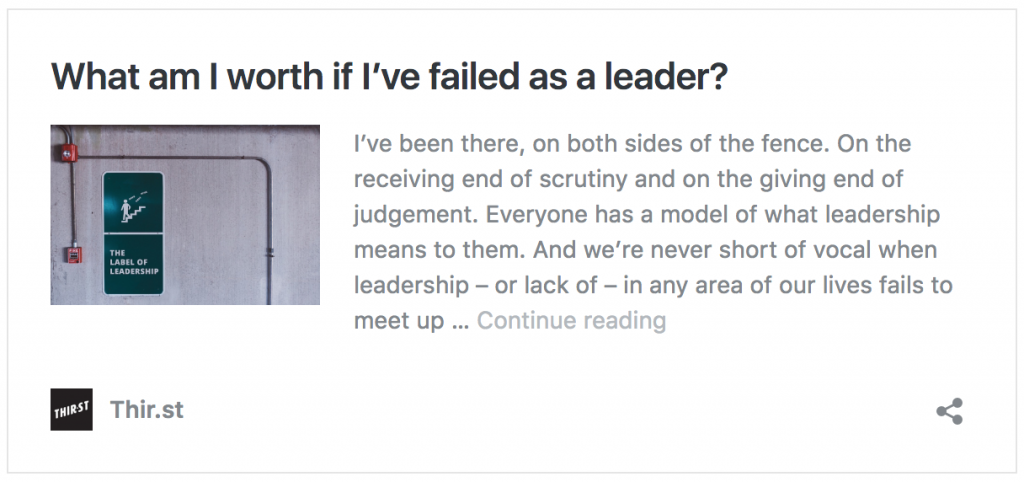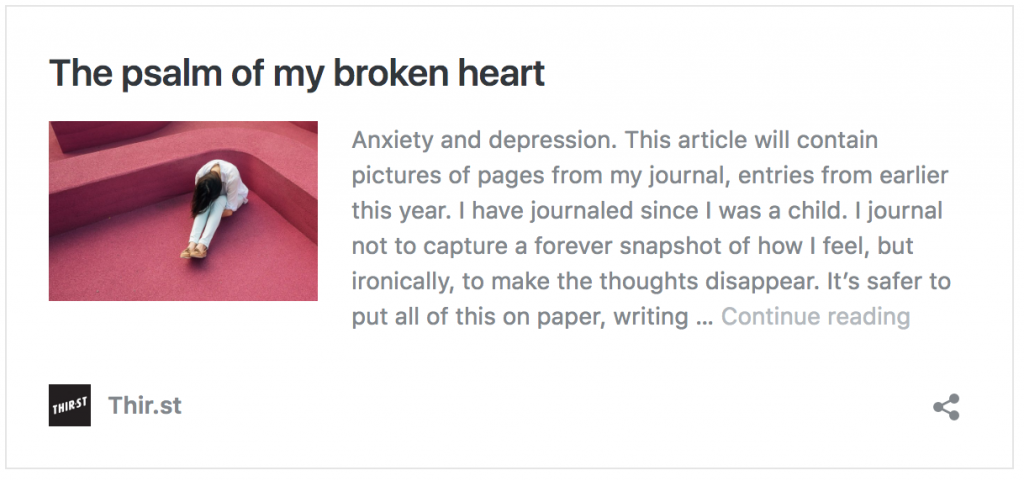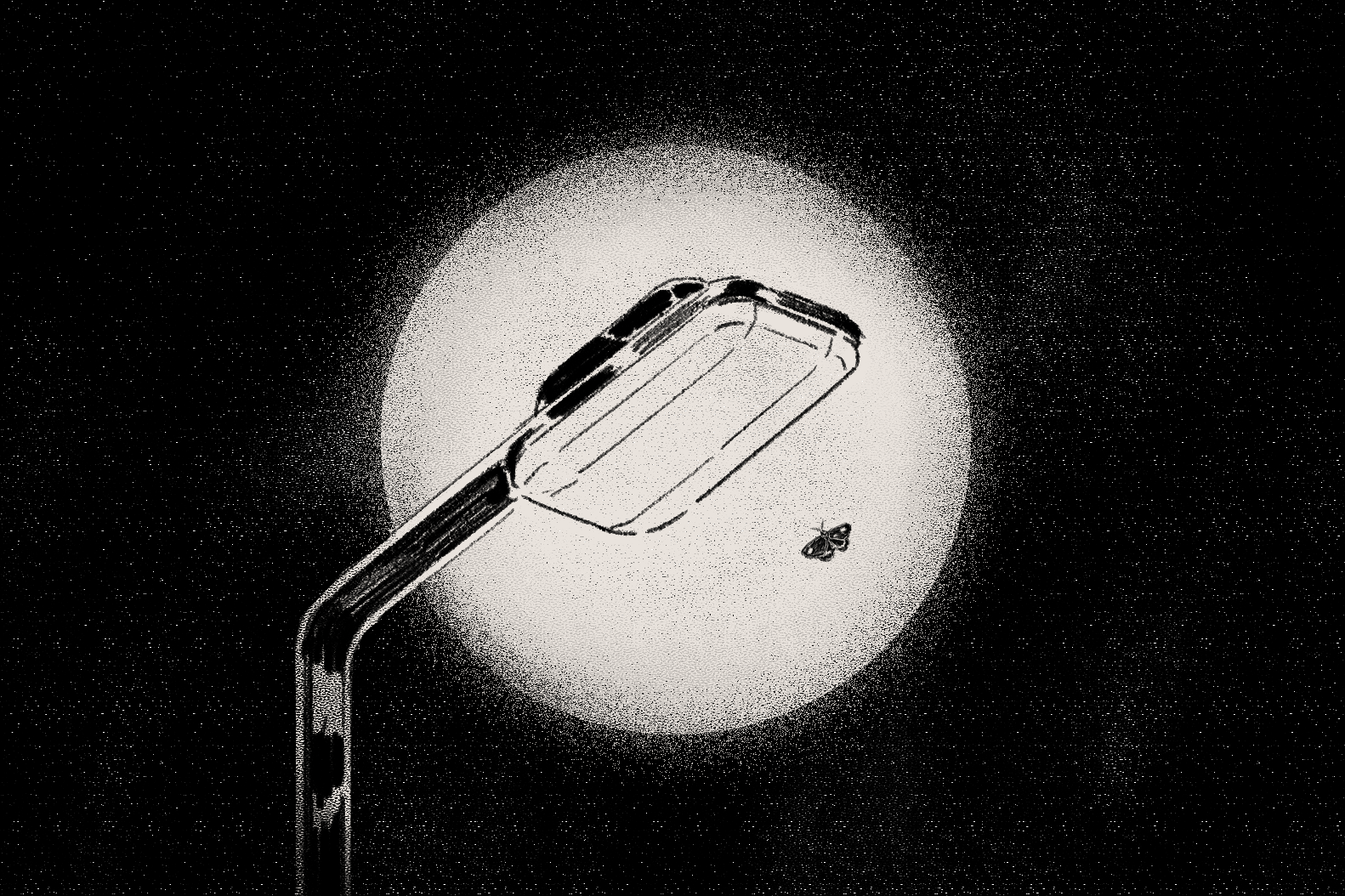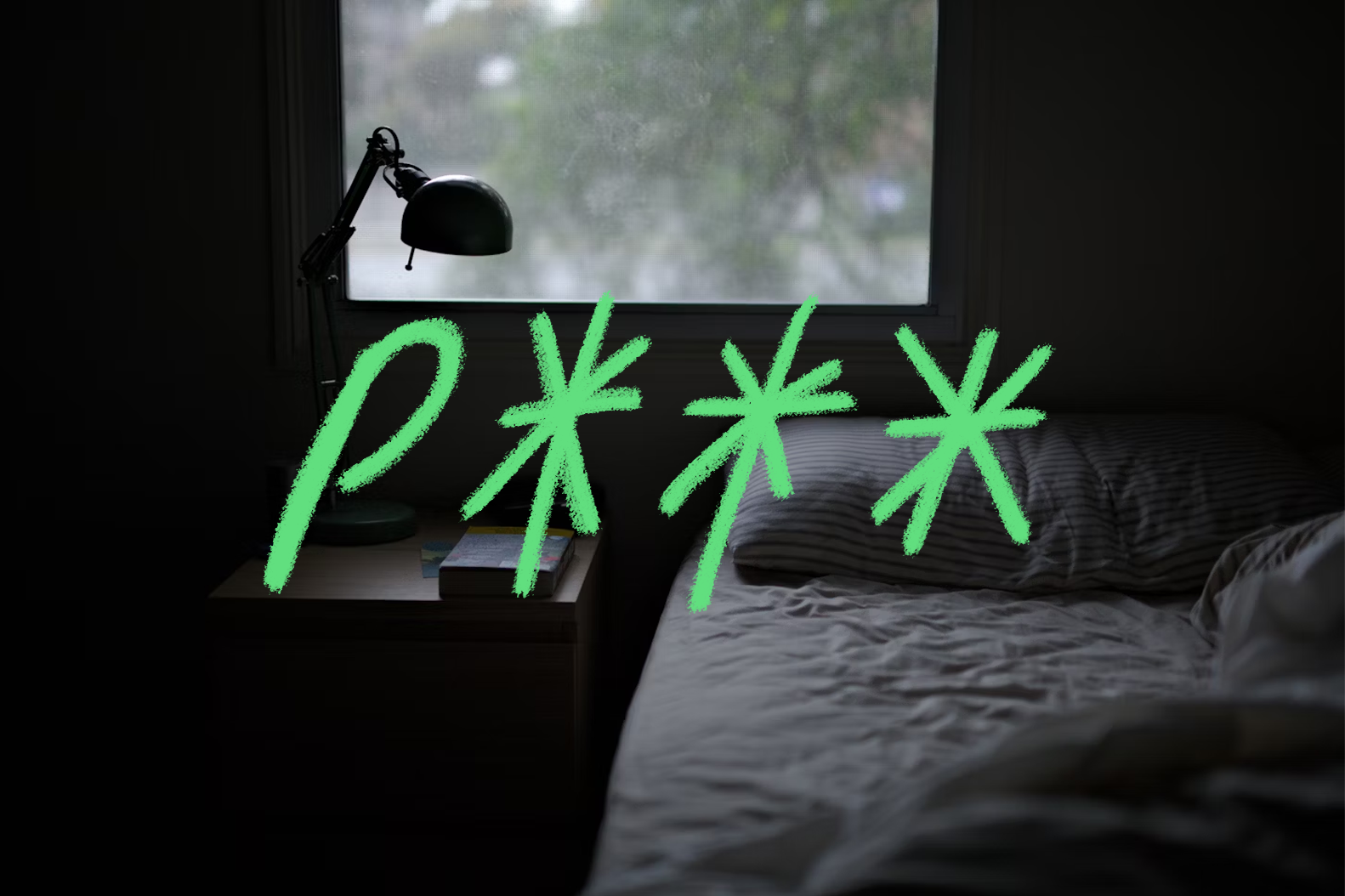The dark, gaping hole of not-enoughness has been part of my narrative for as long as I can remember.
As a child with a typically uninterested, uninvolved father, I used to strive to be the center of attention. In school, I was always trying to be the best at something, anything.
By being a know-it-all. By trying to own the bell-curve. By being funny. By being helpful. It was my cry to be loved. It was me saying, “Look at me, am I not worthy of being noticed?”
I was the insecure overachiever, always overcompensating because I was never sure if I was good enough. And in fact, I’d lived my whole life constantly feeling inadequate.
In my world, no matter how good I get as a creative, I am not as good as the people I follow on Instagram. No matter how much I practice, I am miles away from who they are.
No matter how hard I try to be a good leader, I believe I am not empathetic enough, not wise enough, not inspiring enough, not spiritual enough.
When people tell me I am excellent at structure, strategy and planning, the Voice in my head tells me: “So what? You’ve paid for it by being a poor people person. And don’t forget that group of people who think you’re proud, rude and insubordinate.”
If anyone mentions how I appear to be good at many things: Can cook, design, write, and do everything that my Instagram feed is curated to portray, the Voice mutters slyly: “But they don’t know that even after all that, you still don’t feel like you’re doing enough with your life.”
So the darkness creeps in. And we let it, because our insecurities feel more real to us, more tangible than the truth of what God’s word actually tells us we are.
We read our books, listen to our sermons and say amen at all the right times, but we quickly leave that moment to face what feels more familiar: The struggle to prove we are worthy; the world where we are never the best, where comparison abounds; where we are sometimes second choice.
But …
Can I just pause right here to send you a virtual hug and an empathetic nod to say “It’s okay”?
It’s okay to be a believer, to be a leader, to be in a position of authority, and still feel like you’re never going to be good enough.
Why are anxiety and darkness still a closer companion than the Holy Spirit at times?
There are many people who look like they’ve got their life together, have reached certain milestones in age or career, and are still asking the very same questions you carry in your heart today.
And it is okay.
Why do we put these demands on ourselves that our lives need to be “all-together” just because we are believers of His grace?
I know the burden is often the question: “If I have received of His grace for me, then why is my life still like this? Why are my belief systems still wrong? Why is anxiety and darkness still a closer companion than the Holy Spirit at times?”
Here’s where I quote this old, totally-not-millennial-material poem by Carol Wimmer:
When I say, “I am a Christian”
I’m not claiming to be perfect
My flaws are far too visible
but God believes I’m worth it
When I say, “I am a Christian”
I still feel the sting of pain
I have my share of heartache
which is why I seek God’s name
When I say, “I am a Christian”
I do not wish to judge
I have no authority
I only know I’m loved
The real narrative of my life is this: I am irrevocably saved. My life is highlighted and marked by His love and favour, but there are days where the obvious not-enoughness of who I am as a person will always feel more real than His truth.
So, it is important to allow the right words to make a home in your heart.
And those aren’t: “Why am I still like this?”
They are, instead: “Thank you Lord, that You are still real in my life, that I still get to be a part of this amazing story you are weaving, in spite of the fact that I am like this.”
I can have hope for this life in spite of everything that disqualifies me from being anything of value.
“Thank you Lord, that You loved me before I was good at anything, and even when I sucked at everything. I don’t need to prove myself worthy of love, and I will never need to do anything to earn your love.”
There are mistakes that I’ll continue to make, as there are people’s ideas of a “good leader” that I’ll never match up to.
But I can be okay with where I am – flaws, kinks, scars, impatience, roller-coaster female emotions, scathing sarcasm and all. Not because this is my excuse for just being all of the above – I’m okay so that I can have hope for this life in spite of everything that disqualifies me from being anything of value.
The stories people tell of the person I once was, are sometimes irreconcilable with the person the Lord is changing me into with each day. The person He’s always made me to be.
And the darkness stops being more familiar than His light when who you think you are doesn’t control what your life can become. When the accusations of demand that you’ve placed on yourself are silenced by the truth that God never once expected you to be enough, nor is surprised that you aren’t.
The glaring, hopeless weakness of my humanity can haunt me all it wants. But it will never be greater than His love, and can never exhaust His supply.
Don’t let your own disqualifications rob you of the full future and destiny that is already yours.
“The light shines in the darkness, and the darkness can never extinguish it.” (John 1:5)
Darkness is merely the absence of light. That’s not even Bible, that’s Science. The light will always triumph over the dark.
No matter how suffocating the darkness can get, let go of the fear that you’ll never match up. Because what are you trying to match up to, exactly? Your own personal benchmark of excellence? The world’s?
Why fight that battle when the One who formed you in your mother’s womb, who knew you by name when you were an idea formed in darkness, who loved you at your weakest, already loves you beyond any achievement you can accomplish on this side of Heaven.
My weaknesses may try to stick to me like labels of disqualification. But they cannot change who I am by the King’s definition.
Loved. Accepted. Embraced. Always.
This article was first published on Lizzy’s blog, and is republished with permission.











